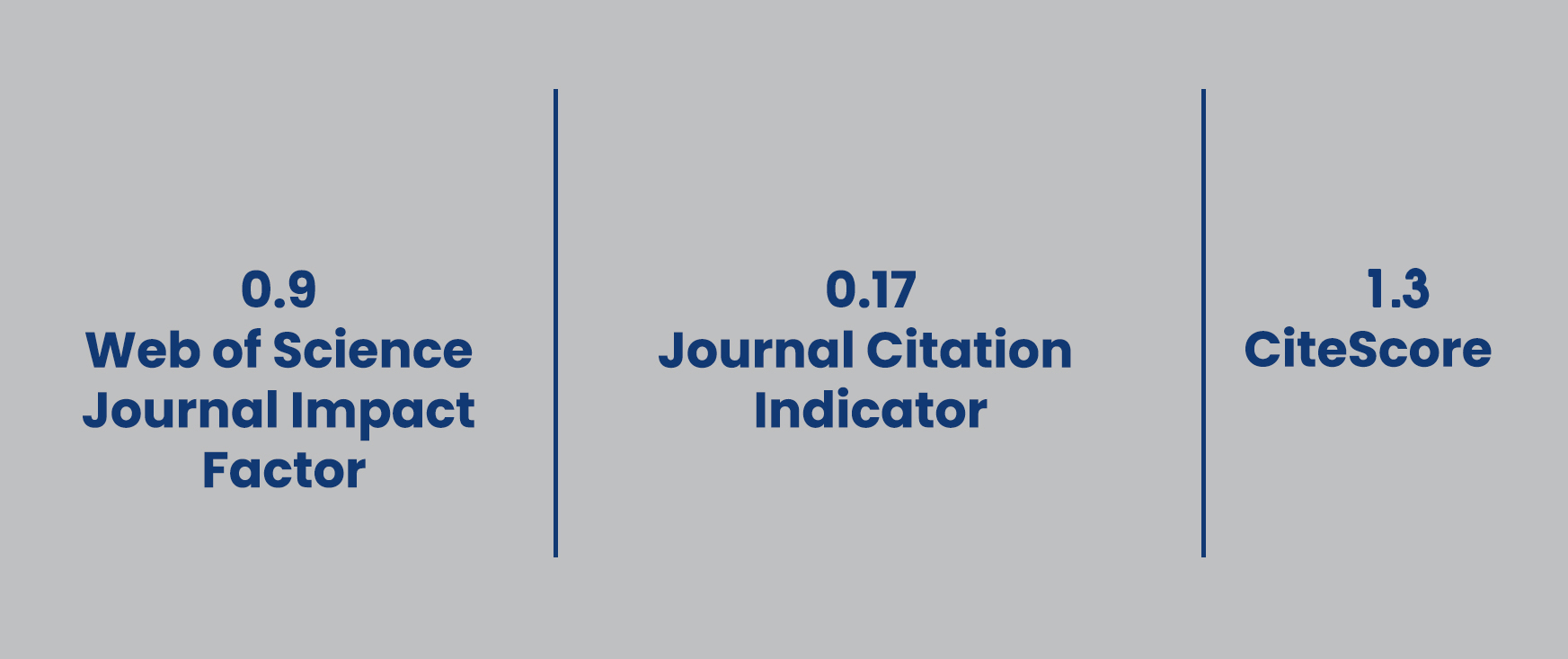

JEMS apply the Creative Commons Attribution NonCommercial 4.0 International Licence to all manuscripts to be published
Mental Health Risks and Protective Personality Traits among Multinational Seafarers
Fatih Sana1, Ersan Başar21Ordu University, Fatsa Faculty of Marine Sciences, Department of Maritime Transportation and Management Engineering, Ordu, Türkiye2Karadeniz Technical University, Sürmene Faculty of Marine Sciences, Department of Maritime Transportation and Management Engineering, Trabzon, Türkiye
The maritime profession is characterized by high psychosocial stress and isolation, posing significant risks to the mental health of seafarers. This study investigated the prevalence and predictors of psychological symptoms among a large multinational sample of seafarers using the Symptom Checklist-90-Revised scale. Personality traits were measured with the Big Five Inventory, and statistical analyses, including exploratory factor analysis, confirmatory factor analysis, and structural equation modeling, were employed to examine the factor structure and relationships with symptoms. Based on these analyses, a population-specific two-factor personality modelIdeal Personality and Balanced Social Personality (BSP)was identified, with BSP showing a strong protective effect across all symptom domains. In addition to assessing common symptoms such as depression (27.2%), anxiety (15.8%), Obsessive-Compulsive disorders (33.1%), and Paranoid Ideation (32.3%), it was found that Turkish and Generation Z participants reported higher symptom levels, while better onboard social and nutritional facilities, positive onboard relationships, were associated with lower symptoms and higher BSP scores. These findings underscore that seafarers mental health is shaped by demographic, occupational, and personality factors, suggesting that interventions should address both environmental conditions and individual differences to enhance resilience. By providing empirical evidence on both risk and protective factors, this study informs the development of targeted mental health policies and support mechanisms within the maritime sector.
Keywords: Seafarer, mental health, SCL-90-R, personality traits, confirmatory factor analysisManuscript Language: English
(154 downloaded)










